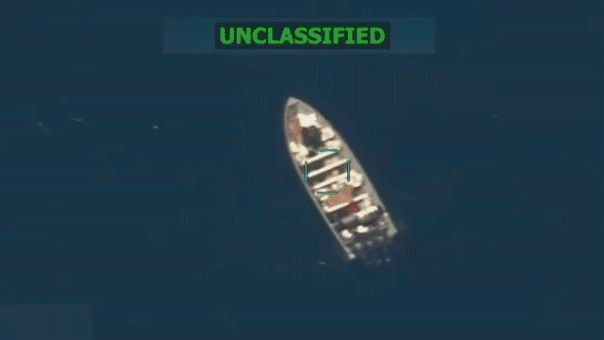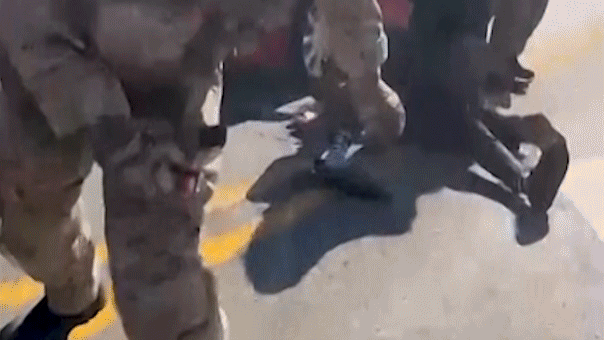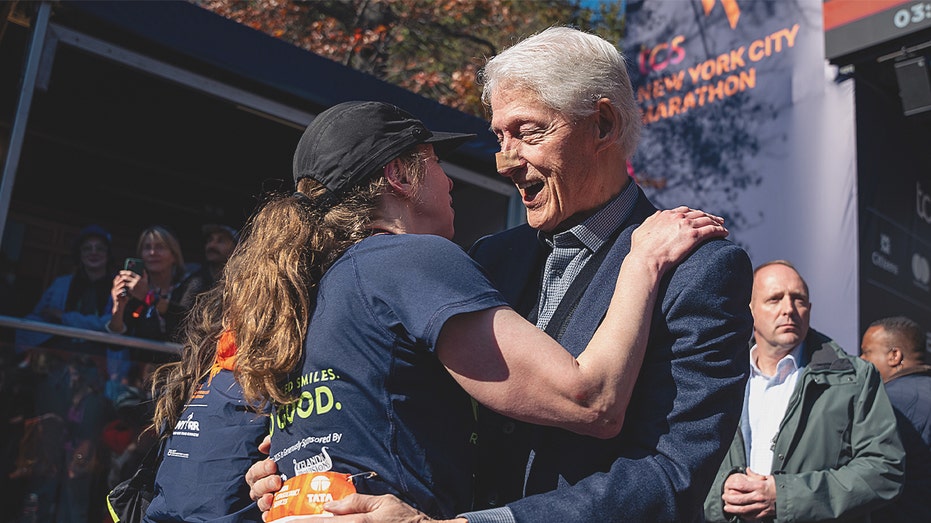Anne Fundner’s world shattered when her 15-year-old son, Weston, unknowingly took a counterfeit pill laced with fentanyl. What began as unimaginable grief unexpectedly transformed into a fierce determination to confront a national crisis.
Now, as decisive action is taken against suspected drug smuggling operations, Fundner finds her son’s memory fueling a relentless fight against the influx of fentanyl into the United States. She describes those responsible not as criminals, but as “murderers” deliberately delivering a deadly product.
Fundner, identifying as an “Angel Mom,” has become a powerful voice in the anti-fentanyl movement. Weston’s death in 2022, after consuming a deceptively real-looking pill, ignited a passion to prevent other families from experiencing the same devastating loss.
Recent actions include the targeted disruption of suspected drug boats carrying the chemicals used to create synthetic opioids. Reports confirm the successful interception of a vessel in the Pacific, known to be involved in illicit trafficking, with no harm to U.S. forces.
These operations have sparked debate, with some questioning the legal authority to conduct strikes in international waters. However, families like Fundner’s see these actions as a vital step in protecting American lives.
“When one boat can carry enough fentanyl to kill millions, there’s no question – those shipments must be stopped,” says Wanda De Quardo, another “Angel Mom” who lost her son to fentanyl poisoning. She emphasizes the need for full accountability for those knowingly involved in this deadly trade.
Recently, families impacted by fentanyl-related deaths gathered in the nation’s capital for their annual day of remembrance. A powerful chant echoed through the streets: “One boat, two boat, three boat—boom! Who did it?” – a testament to their gratitude for the decisive actions being taken.
For these families, it’s a feeling of finally being heard after years of pleading for meaningful intervention. They believe a strong stance is finally being taken to safeguard American families from this escalating threat.
Fundner insists the debate over legality misses the crucial point: these are not innocent merchants, but “narco-terrorists” indifferent to political divides, focused solely on inflicting harm. The issue, she argues, is about holding them accountable for their actions.
She points to the need for stricter enforcement and the implementation of laws like the HALT Fentanyl Act, which mandates a 10-year minimum sentence for fentanyl trafficking. She urges governors to prioritize this issue and strengthen penalties.
Fundner is actively working to enact “Weston’s Law” in her home state of New Jersey, a comprehensive bill designed to increase penalties for dealers and those who prey on vulnerable teens, luring them into experimenting with counterfeit pills.
She warns that fentanyl-laced drugs are increasingly targeting children, even appearing in seemingly harmless items like Halloween candy. The deception is particularly insidious, as young people believe they are taking legitimate, prescribed medication.
“It’s like ordering a Jack-and-Coke and being served cyanide,” she explains, highlighting the deadly consequences of this deception. Every intercepted shipment, every disrupted operation, represents lives potentially saved.
For Anne Fundner, the fight is deeply personal, driven by the memory of her son and a unwavering commitment to preventing other families from enduring the same unimaginable pain.






